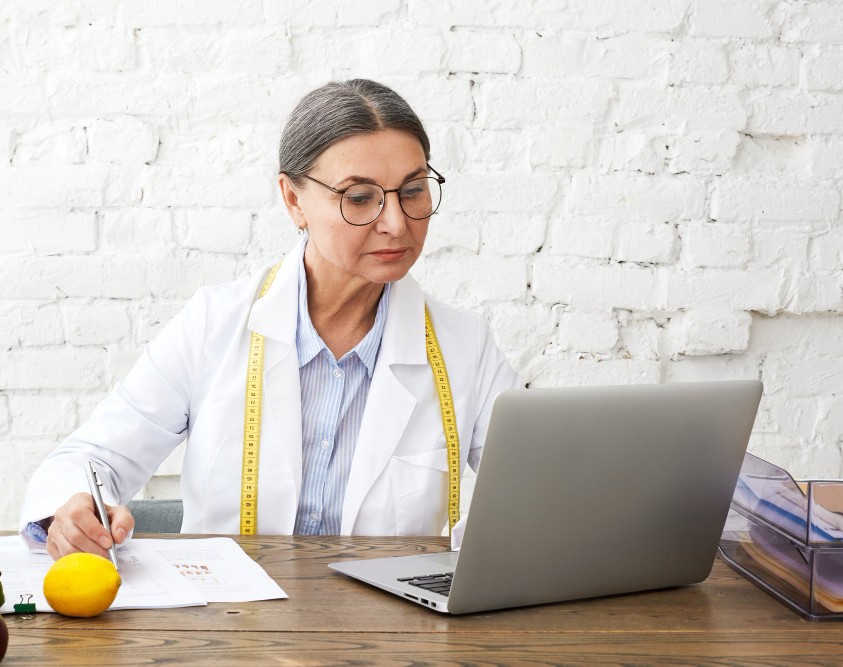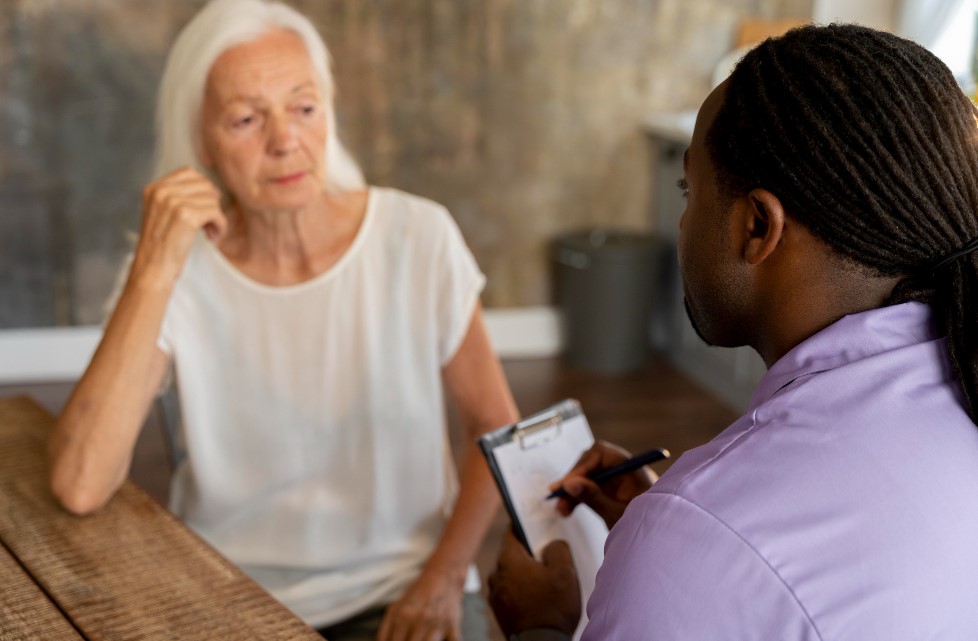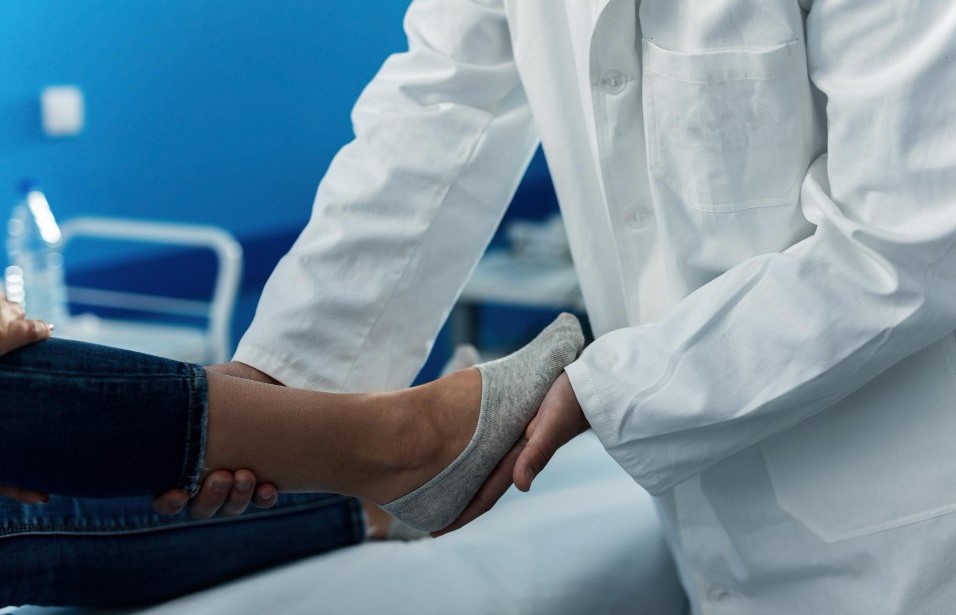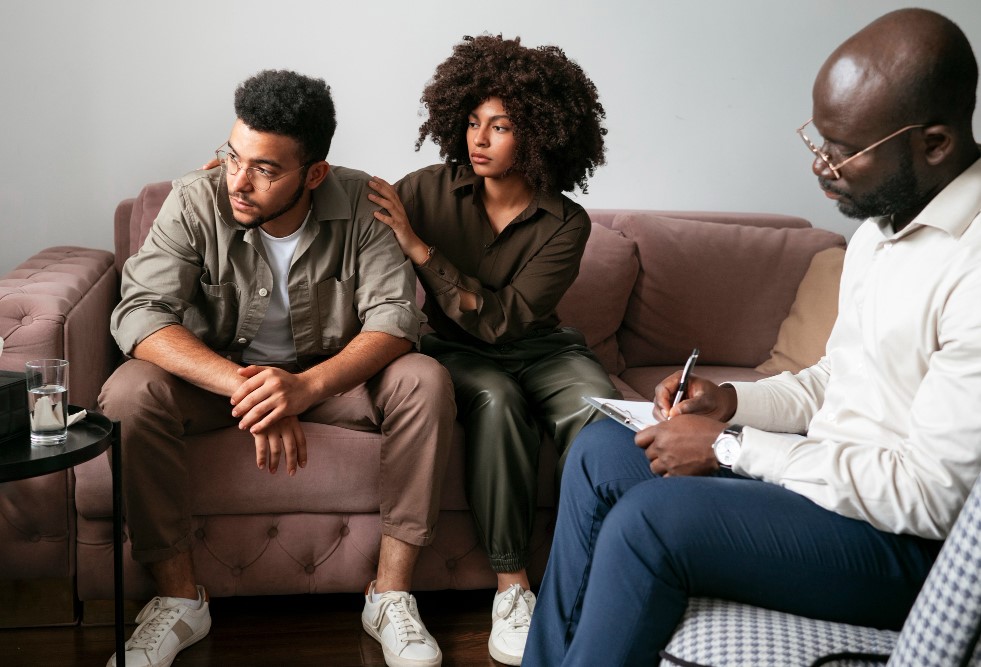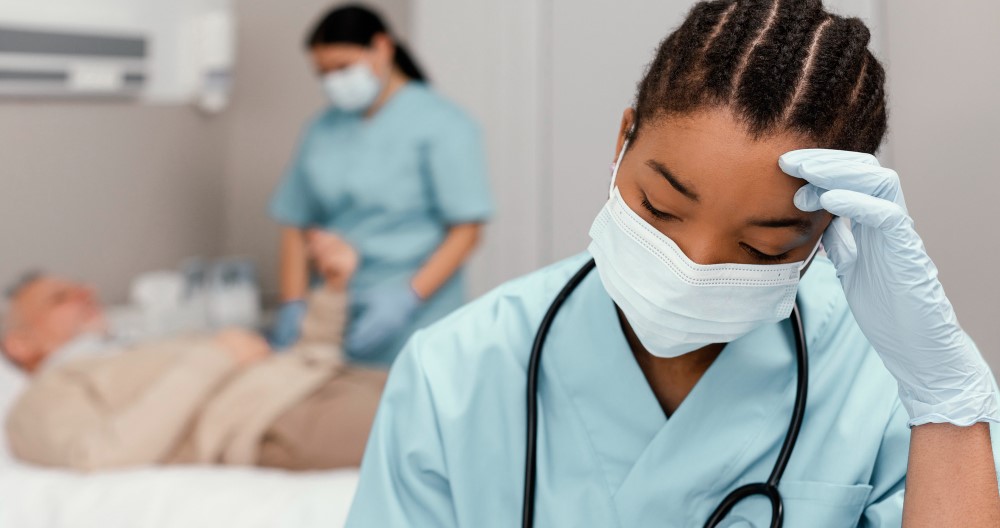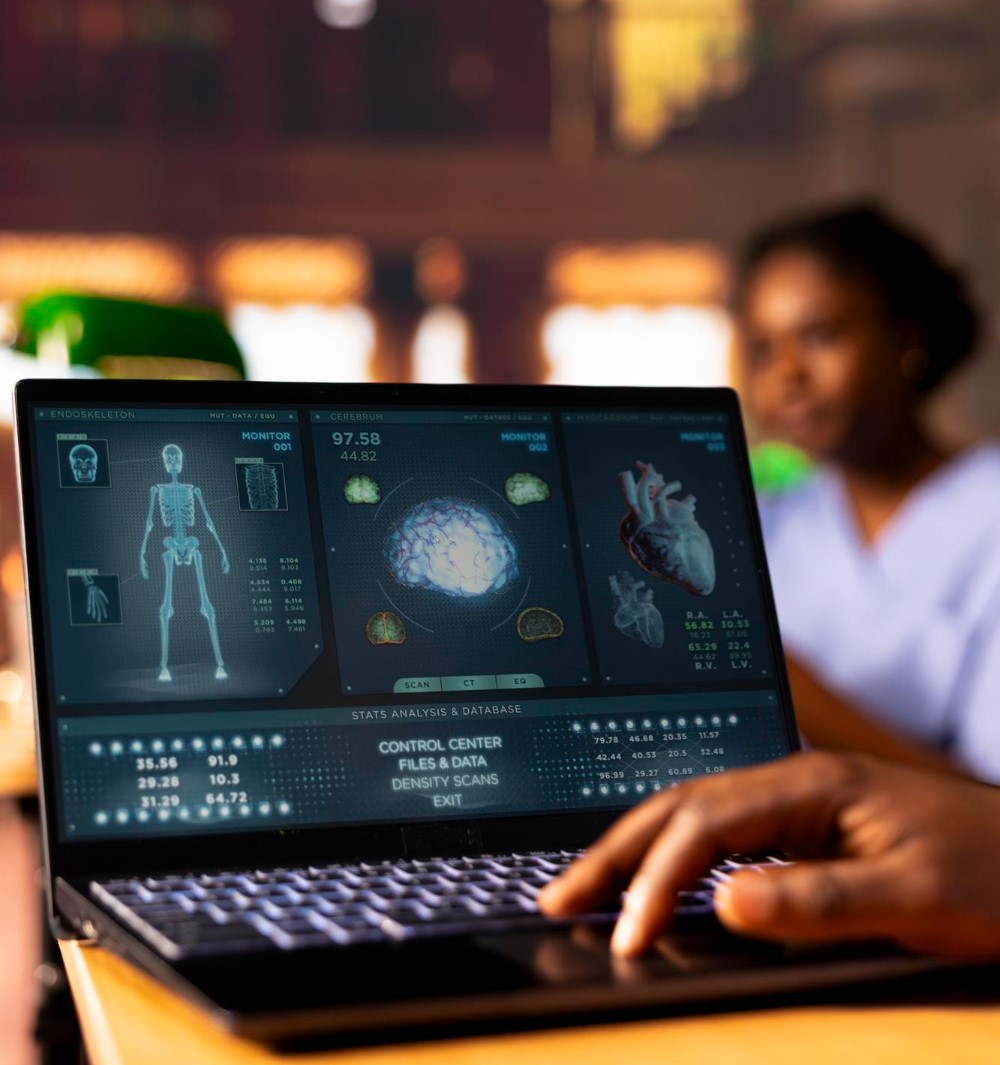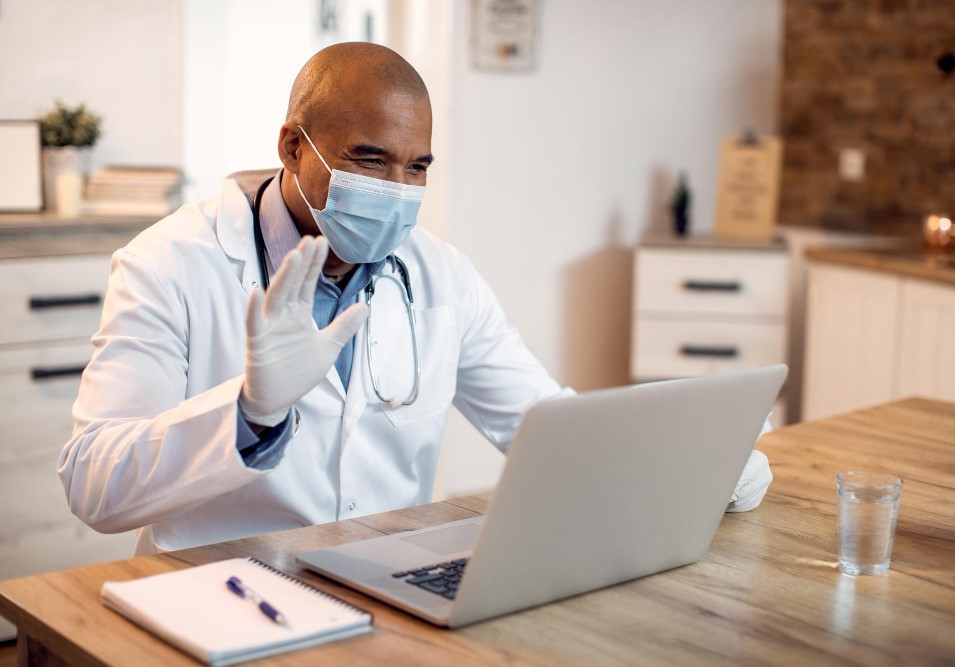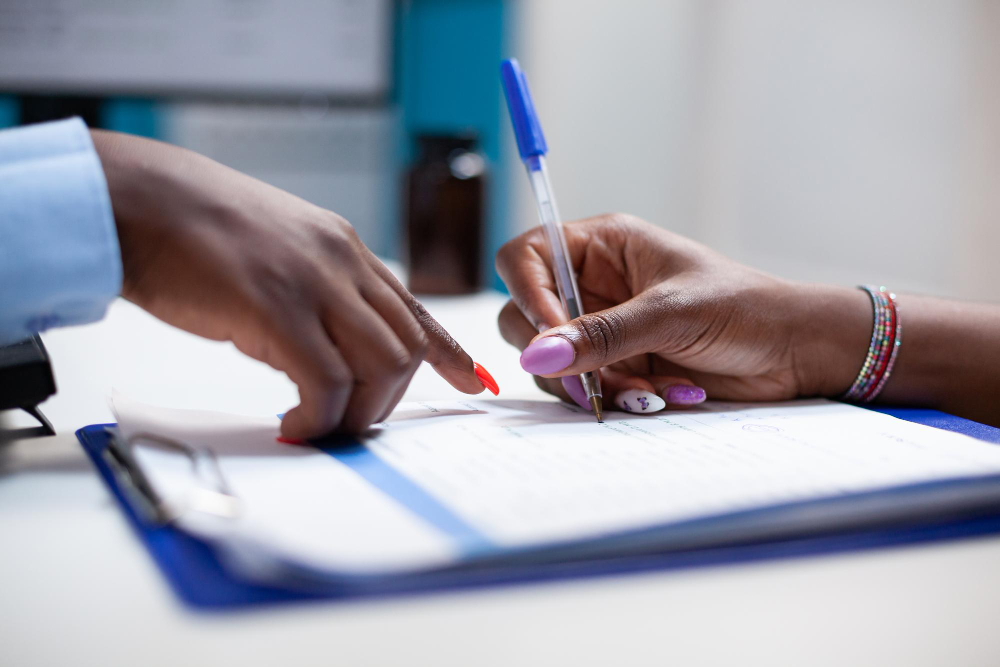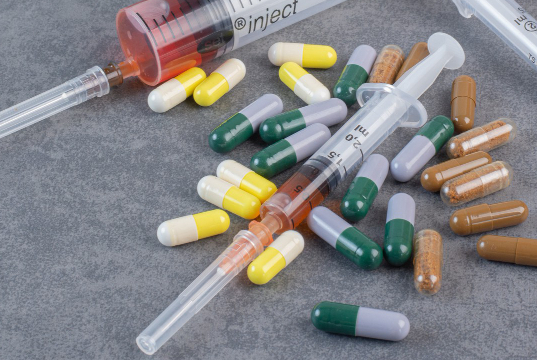
Explore how counterfeit medicines endanger global health and what can be done to protect patients, strengthen systems, and ensure safer pharmaceuticals.
In the time of remarkable medical innovation, where vaccines are developed in months and AI helps detect diseases early, a silent but devastating threat continues to grow; counterfeit medicines. Across continents, millions of people consume fake or substandard drugs each day, often unaware that the very pills meant to save them could cause irreparable harm or even death.
The World Health Organization (WHO) estimates that one in ten medical products circulating in low- and middle-income countries is either falsified or substandard. These fake medicines infiltrate both physical pharmacies and online marketplaces, deceiving patients, weakening healthcare systems, and eroding public trust.
Recently, INTERPOL conducted a record-breaking global operation that exposed the massive scale of this issue, seizing over USD 65 million in counterfeit pharmaceuticals and arresting 769 suspects across 90 countries.
This is not a crime problem; it’s a public health emergency. Fake medicines undermine decades of progress in global health. They threaten vaccination campaigns, delay disease eradication, and compromise treatment outcomes for conditions like malaria, diabetes, and cancer.
As Delon Health continues to advocate for stronger, more reliable healthcare systems across Africa and beyond, this article examines how counterfeit medicines are fueling a global health crisis, the systems enabling their spread, and what individuals, governments, and healthcare innovators can do to combat this silent epidemic.
The Global Magnitude of the Counterfeit Medicine Crisis
The counterfeit medicine trade has evolved into a sophisticated global enterprise, blending technology, crime networks, and public desperation. According to the United Nations Office on Drugs and Crime (UNODC), this illicit industry is worth over $200 billion annually, making it one of the world’s most lucrative organized crimes, surpassing the trade of illegal narcotics.
These counterfeit drugs include fake antibiotics, anti-malarial, cancer medications, and even vaccines. Some contain incorrect doses, toxic ingredients, or no active ingredient at all. In some tragic cases, patients die from preventable conditions because they unknowingly relied on fake treatments.
A 2022 WHO report revealed that over 100,000 deaths annually in Africa alone are linked to substandard or falsified medicines, particularly in malaria and antibiotic treatments. Globally, the death toll is likely several times higher when factoring in chronic conditions and pandemics. What makes the problem so alarming is how seamlessly counterfeiters exploit both formal and informal supply chains. From counterfeit packaging to online pharmacies and unregulated markets, these illicit operators thrive on a mix of weak oversight and high medical demand.
How Counterfeit Medicines Infiltrate the Supply Chain
To understand the crisis, it’s crucial to see how fake drugs enter the legitimate pharmaceutical ecosystem. Counterfeiters use increasingly advanced methods, often indistinguishable from real products.
1. Weak Regulatory Systems
In many regions, drug regulation and border control remain under-resourced. Limited technology, fragmented governance, and insufficient laboratory testing capacity allow fake medicines to slip through.
2. Online Pharmacies and E-Commerce
Digital commerce has revolutionized access to healthcare products but also created a loophole for criminal networks. Thousands of unverified online pharmacies sell prescription drugs without prescriptions or authentication.
A report by The Alliance for Safe Online Pharmacies (ASOP Global) found that over 95% of websites selling prescription drugs operate illegally or fail to meet regulatory standards.
3. Parallel Importation and Repackaging
Counterfeiters exploit global trade systems by using parallel importation routes. They repackage expired or stolen drugs, relabel them, and sell them as new, especially in regions facing medicine shortages.
4. Public Desperation and High Costs
In times of crisis, like pandemics or drug shortages, people become more vulnerable. During COVID-19, the market was flooded with fake antivirals, antibiotics, and vaccines. The fear-driven demand created the perfect environment for counterfeiters to thrive.
The Human and Economic Cost of Fake Medicines
The human toll of counterfeit drugs is devastating. Beyond the immediate health risks, they cause long-term damage to healthcare systems and global economies.
1. Loss of Lives
When fake medicines fail to treat infections or chronic diseases, the result is often fatal. For instance, counterfeit antibiotics can worsen antimicrobial resistance, one of the greatest threats to modern medicine.
2. Erosion of Public Trust
Repeated exposure to ineffective or harmful medications leads patients to lose faith in healthcare systems. This mistrust discourages compliance with medical advice, undermining public health programs.
3. Financial Burden on Health Systems
Governments and hospitals spend billions annually to recall, investigate, and replace fake drugs. According to OECD data, counterfeit pharmaceuticals drain approximately $4.4 billion from the global economy each year.
4. Setback for Global Health Goals
Counterfeit medicines hinder progress toward the UN Sustainable Development Goal 3; ensuring healthy lives and promoting well-being for all. Without addressing falsified drugs, universal healthcare coverage remains a distant dream.
These fake drugs; whether containing wrong ingredients, harmful substances, or no active ingredients at all, undermine decades of medical progress and put millions of lives at risk. According to the World Health Organisation (WHO), one in ten medical products circulating in low- and middle-income countries is substandard of falsified, resulting in tens of thousands of preventable deaths each year.
Beyond physical harm, fake medicines erode public trust in healthcare systems and legitimate pharmaceutical brands. Families often spend scarce resources on ineffective treatments, leading to emotional distress and deeper poverty. The economic cost is equally staggering. Governments lose valuable tax revenue, while businesses spend millions combating the influx of falsified products through stricter supply-chain controls and regulatory monitoring. Developing stronger pharmaceutical regulations and encouraging public awareness campaigns are essential steps in addressing this crisis. Education remains key as consumers must learn to verify medicine authenticity through trusted pharmacies, official health channels, and technologies such as barcode verification or mobile authentication services. The fight against fake medicines is about preserving human life and public trust in global healthcare.
Why the Problem Persists
Despite awareness and international cooperation, counterfeit medicines continue to spread. Several factors sustain this dangerous trade:
Weak governance in pharmaceutical regulation and law enforcement
Inconsistent penalties for counterfeiters in many countries
High demand for affordable medicine in low-income populations
Insufficient technology for authentication and tracking
Complex global supply chains that make tracing difficult
Moreover, globalization means that counterfeit medicines can cross borders easily. A drug manufactured illegally in one region can be sold online to consumers thousands of miles away without detection.
Technology and Innovation: The Fight Back
Amid this crisis, innovation is emerging as one of the strongest tools in the global fight against counterfeit medicines.
1. Blockchain for Drug Traceability
Blockchain technology enables transparent and tamper-proof tracking of medicines from manufacturers to patients. Pharmaceutical giants like Pfizer and Novartis are experimenting with blockchain to ensure every batch is traceable.
2. AI and Machine Learning for Detection
Artificial intelligence can analyse shipment data, identify irregularities, and predict counterfeit patterns. AI-powered apps can also help consumers verify medicine authenticity through barcode or QR scanning.
3. Mobile Verification Codes
In Africa and Asia, mobile verification systems have proven effective. Users scratch a code on the drug package and send it via SMS to verify its authenticity; a simple yet powerful tool against fakes.
4. Digital Health Education
Organizations like Delon Health promote awareness about health literacy and safe medicine use. Educating patients on recognizing fake medicines, understanding prescriptions, and buying from verified pharmacies can drastically reduce exposure to counterfeit drugs.
The Role of Global Cooperation
The fight against counterfeit medicines requires international collaboration. No country can tackle it alone because the problem transcends borders.
1. Strengthening Global Regulatory Networks
Agencies such as WHO, INTERPOL, and UNODC coordinate global task forces to harmonize drug standards and share intelligence. WHO’s Member State Mechanism on Substandard and Falsified Medical Products is one such initiative.
2. Public-Private Partnerships
Pharmaceutical companies, governments, and tech firms are collaborating to improve supply-chain transparency. Partnerships between GS1 and health ministries, for example, use serialization codes to track every medicine package from production to sale.
3. Law Enforcement and Legal Frameworks
Global operations like INTERPOL’s Operation Pangea demonstrate the power of coordinated enforcement. However, stronger national laws and consistent penalties are essential to deter counterfeiters permanently.
Educating the Public: The First Line of Defense
At the core of this issue is awareness. Many consumers unknowingly purchase counterfeit drugs due to lack of information. Public education must be as aggressive as enforcement.
1. Promoting Health Literacy
People should understand the risks of buying drugs from unverified sources. Institutions play a vital role in disseminating verified health information online and through community education programs.
2. Empowering Pharmacists and Health Workers
Frontline health professionals are key to detection. Training them to identify fake packaging, unusual dosages, and unregistered brands strengthens the defense against counterfeiters.
3. Responsible Digital Use
Consumers must verify online pharmacies through approved registries before making purchases. In the U.S., the FDA’s BeSafeRx program helps users identify legitimate websites — a model other region can emulate.
The Ethical and Human Dimension
Beyond laws and technology lies an ethical imperative: protecting human life. The counterfeit medicine crisis exposes deep inequalities in global healthcare. People in low-income areas are disproportionately targeted because they have limited access to quality medicine and trusted providers.
Addressing this injustice requires compassion, accountability, and shared responsibility. Governments must ensure equitable access to safe medicine. Pharmaceutical companies must invest in security measures. And individuals must stay informed, refusing to support unverified sources even when prices tempt them.
How Delon Health Contributes to the Solution
As a forward-thinking health organization, Delon Health is deeply invested in promoting awareness, education, and innovation across healthcare systems. Through its health insights platform, Delon Health encourages professionals and consumers to adopt evidence-based practices that improve outcomes and build trust.
By publishing informative content and connecting healthcare professionals across Africa, Delon Health reinforces the importance of regulation, safety, and technology in modern medicine. You can explore its health initiatives and updates at https://www.delonhealth.com.
Winning the war against counterfeit medicines requires persistence, innovation, and collaboration. Each stakeholder from global agencies to local pharmacists, has a role to play.
Governments must strengthen border controls, improve regulatory capacity, and implement advanced digital tracking. The private sector must invest in supply-chain transparency and authentication technologies. Individuals must prioritize health literacy and verify their sources.
Above all, there must be a global commitment to equity, ensuring that access to safe, quality medicine is not a privilege but a human right.
Conclusion
The counterfeit medicine crisis is one of the most urgent yet under-discussed challenges in modern healthcare. It undermines progress, kills thousands, and erodes faith in health systems that humanity depends on.
But it can be stopped. Through cooperation, technology, and education, the global community can dismantle the criminal networks that profit from human suffering.
As Delon Health continues to champion reliable healthcare solutions and promote digital health literacy, it stands alongside global partners in the mission to ensure that every medicine; from antibiotics to cancer drugs, is genuine, safe, effective, and efficient
The fight against counterfeit medicines is about safeguarding the integrity of healthcare for generations to come.
By publishing informative content and connecting healthcare professionals across Africa, Delon Health reinforces the importance of regulation, safety, and technology in modern medicine. You can explore its health initiatives and updates at https://www.delonhealth.com.
